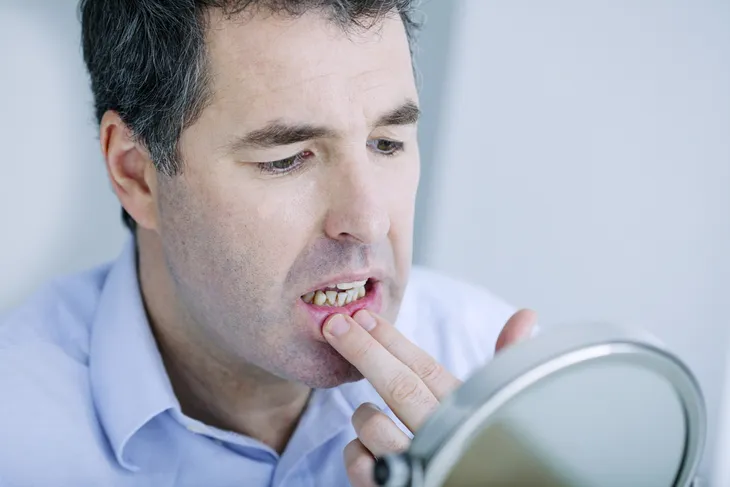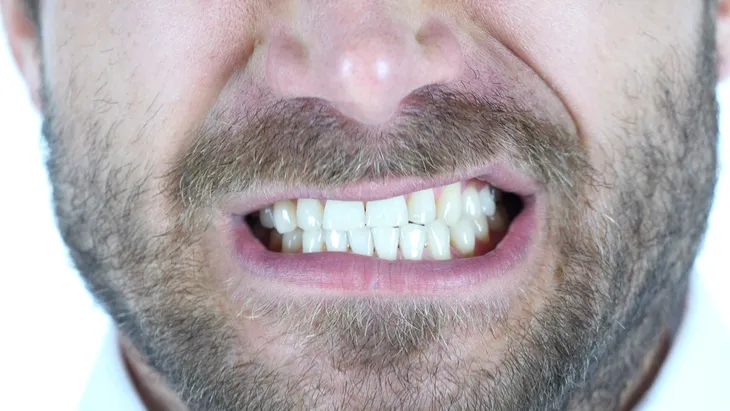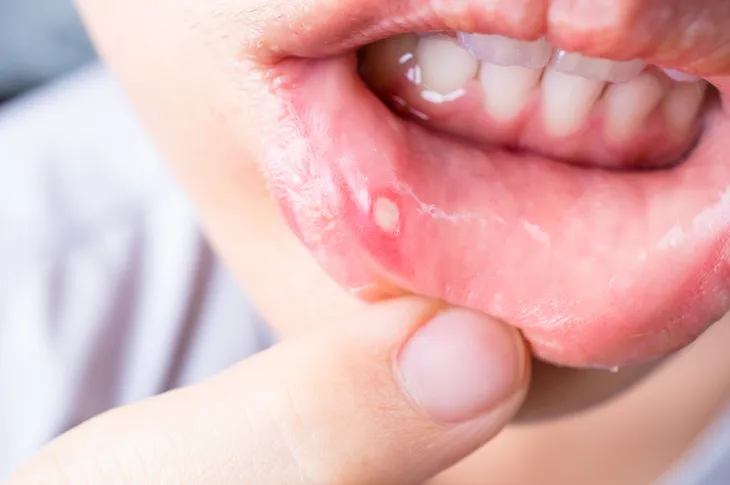It’s something we were all forced to do every six months as children yet something so many of us fail to follow through with as adults: visiting the dentist on a regular basis. Whether you choose to blame a busy work schedule, a hectic family life or a demanding social schedule, one thing’s for sure – we should all make time for the dentist, or we might seriously regret it later in life.
Just because you brush your teeth twice a day and floss a few times a week doesn’t mean you’re exempt from making a visit to the dentist. If your teeth aren’t properly cleaned at least once a year, you run the risk of serious health issues like gum disease, coronary artery disease and dementia.
If you think you’ve waited too long to visit your dentist, you probably have. And, chances are, you’ve probably recognized at least one of the following symptoms of poor oral health. If you’re experiencing any of the signs below, you need to make a dentist appointment right away!
1. Tooth Pain
It’s incredibly hard to ignore tooth pain. When a toothache hits, you’re willing to do anything to get it treated. It’s obvious there’s something wrong if you’re experiencing tooth pain but it might be more serious than you think. Even if the pain resides after a day or two, you still need to see your dentist. Your body may have fought off the infection but the root cause of it still remains.
2. Inflamed Gums
If your gums are swollen and inflamed you definitely need to book an appointment with your dentist. Inflamed gums are caused by hardened plaque that has accumulated under your gum line. Inflamed gums can often be a sign of gingivitis or periodontitis (a more advanced condition which can lead to tooth loss if not treated early enough).
3. White Spots on Teeth
White spots on your teeth are the first signs of dental decay. Dental decay is an infection in your tooth where the enamel begins to dissolve in response to acid produced by bacteria. Tooth decay can often occur with no symptoms (especially at the beginning) which is why regular dentist appointments are critical.
4. Sensitivity to Hot and Cold
If you’re experiencing an increased sensitivity to hot and cold, tooth decay is a good possibility. When dental decay first occurs, it affects the surface of your teeth. As the condition advances it makes its way into the center of the tooth where the nerves and blood vessels are located. This is when you start experiencing pain in response to hot and cold temperatures. If you’re experiencing these symptoms, book a dentist appointment immediately to get your cavity filled. The earlier you treat the cavity, the less likely it will develop into something more serious.
5. Changes of Color in the Mouth
When you’re brushing your teeth everyday (which you should be doing at least twice a day) take a peak inside your mouth to make sure everything is normal. Look at your cheeks, the top of your tongue and underneath your tongue to make sure there is no discoloration, lumps or inconsistencies from day to day. If you notice anything unusual, book an appointment with your dentist right away.
6. Canker Sores
Canker sores can be quite common in some people. If your canker goes away within a few days, they shouldn’t be cause for concern. If you have one that won’t heal, however, you need to seek dental attention immediately. Likewise, if you’re experiencing a high fever or persistent pain, you should book an appointment as soon as possible.
7. Dry Mouth
Dry mouth can occur for a few different reasons. Sometimes, a dry mouth comes with age. It’s also a common side effect with many prescription drugs. However, if there’s no explanation for sudden dry mouth symptoms, it’s important you see your dentist. This could be a sign of bacteria or disease in the mouth.
8. Headaches
Most people don’t associate headaches with oral care but the two can be very closely related. If you’re experiencing frequent headaches (especially in the morning) , you might be grinding your teeth in the night. Your dentist can provide you with a nightguard (a mouthguard you wear at night) which should help alleviate your chronic headaches.
9. Bad Breath
Bad breath is one of the first signs of gingivitis. When left untreated, gingivitis can lead to periodontitis, which can lead to tooth loss and other serious health conditions. If you feel like you have bad breath even when you’re brushing regularly, you may have gingivitis. It’s important to see your dentist immediately before this condition advances beyond the point of repair.
10. Metallic Taste in the Mouth
Do you sometimes feel like you’ve just chewed on a bunch of coins? It sounds odd but a popular sign of gingivitis (and possible periodontitis) is a metallic taste in the mouth. The taste is very distinct and can lead to bad breath as well. If you’re experiencing this symptom, call your dentist to make an appointment. The sooner you start treating the condition, the better the chances that it can be treated completely.













